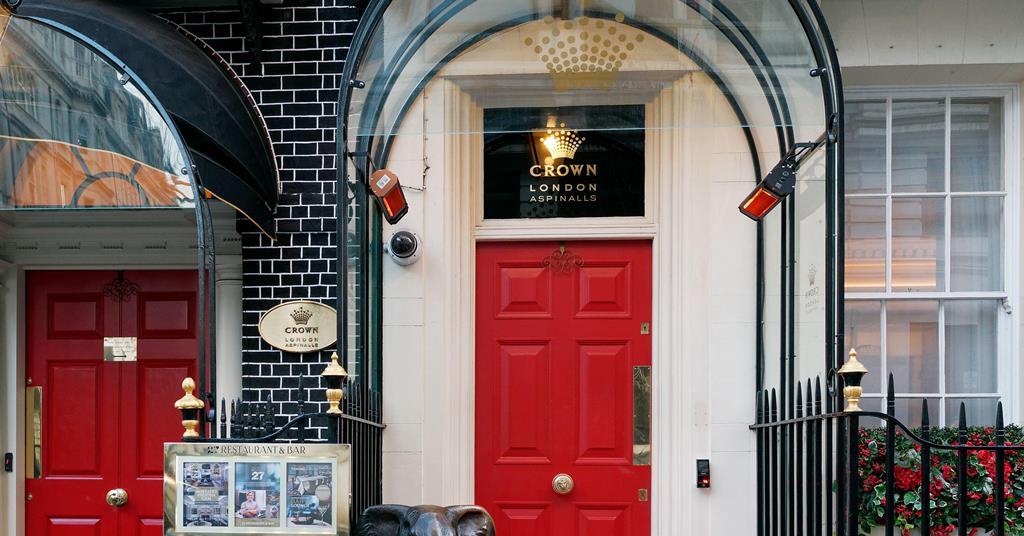Gambling
‘Drunk’ gambler must honour £590,000 cheque, judge rules

Mayfair casino Aspinall’s has succeeded in a claim against a high rolling gambler who maintained that his £590,000 losses were unenforceable because he had been drunk when he placed his bets. In Aspinall’s Club Ltd v Lester Hui, Mr Justice Cotter lamented that the 10-day hearing had been ‘beset with difficulties’ including unsatisfactory disclosure and a trial bundle containing ‘well over 1,500 pages’.
‘As is so often the case,’ the judge observed, ‘no real attempt had been made to confine the bundle to documents which the judge was possibly going to be referred to’.
The dispute arose following a Chinese New Year event at the club in 2016. Lester Hui, who had been a member for 20 years, enjoyed complimentary food and drinks with his guests and went on to gamble in a private room. His bets were placed against a blank signed personal cheque; when his losses reached £500,000 he asked for a £300,000 credit extension. He was granted £100,000 and, after losing this money, drove 20 miles home in his Bentley.
Hui stopped his check and claimed that during the night he had become ‘blackout drunk’ and was therefore incapable of signing a negotiable instrument. The casino brought claims for £589,724 under the Bills of Exchange Act and common law breach of contract.
Noting that the trial was beset by difficulties at the outset, the judge criticised the waste of costs and court time caused by the failure to deal with matters at a pre-trial hearing. On the opening day he was presented with applications for permission to amend the defence and plead a counterclaim; permission to rely on expert evidence; an application for specific disclosure; several witness statements with exhibits; skeleton arguments from both parties’ authorities with no relevant authorities bundle.
The judge ruled that, while the claimant bore the burden of proving its case, Hui had the burden of establishing the necessary facts to support his defence, including that the claimant’s employees were aware, or should have been aware, of his state of intoxication.
In his evidence, Hui stated: ‘It would have been obvious to everyone who saw me that I was behaving unusually in gambling so much. This should have alerted the casino staff, who would then have realised how much I had drunk and stopped me gambling.’ However the judge found that Hui had been ‘prepared to lose £400,000 on at least one, probably two previous occasions’.
Hui’s allegations amounted to ‘a conspiracy of inaction and silence’ on the part of the casino’s staff. They also implied that a member of staff allowed Hui ‘to drive home in his Bentley whilst, on his case, clearly drunk (and taking home a complimentary bottle of champagne)’.
‘I am satisfied that the staff did not know, and there are no adequate reasons to support the proposition why they should have known, that Mr Hui was sufficiently intoxicated that he should not be allowed to gamble,’ the judge concluded.
The claimant is therefore entitled to judgment for the debt plus interest.
This article is now closed for comment.










